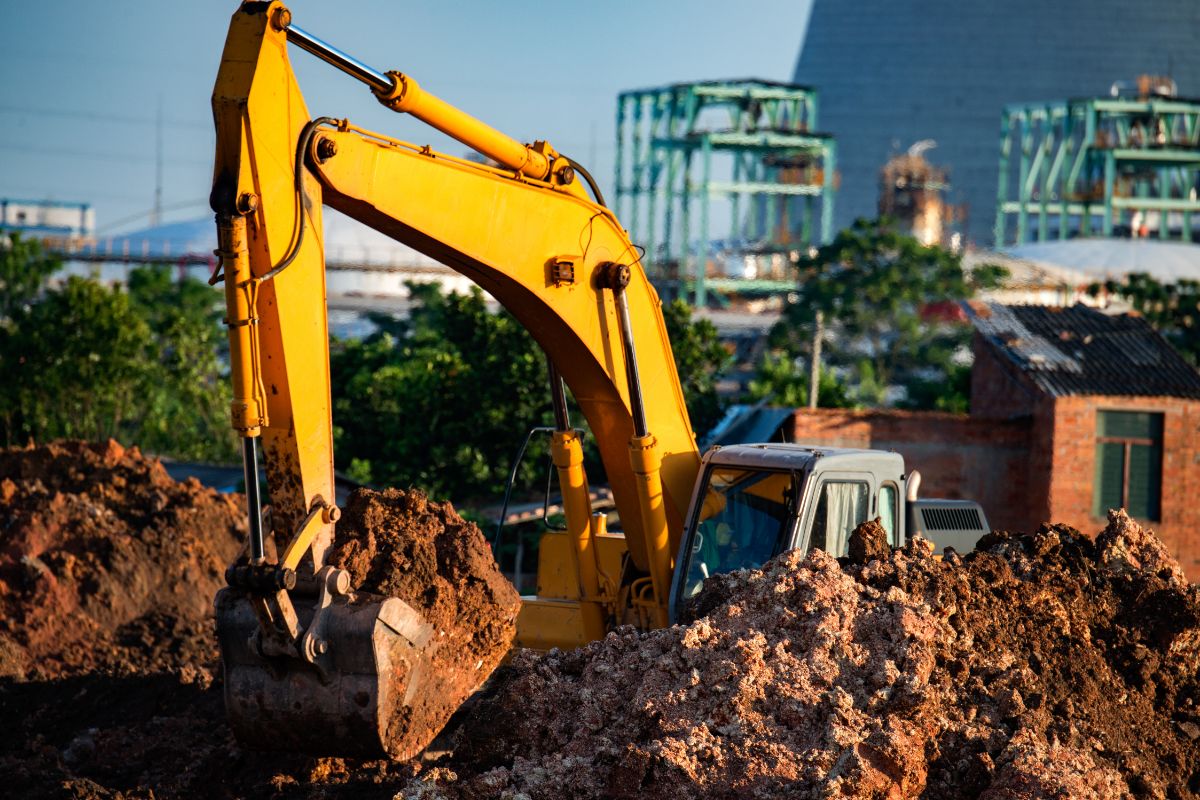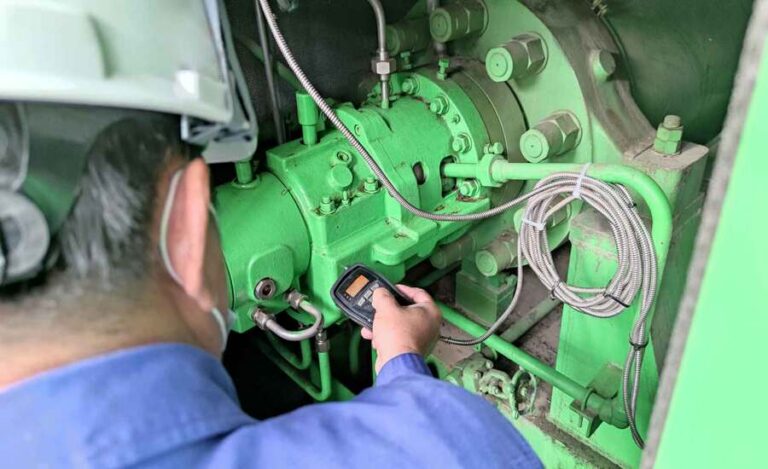Uncovering the Possibilities: The Many Uses of Excavators
Excavators are some of the most versatile and powerful machines in construction and earthmoving, with various applications across various industries. From digging foundations and trenches to demolishing structures and clearing land, these machines play a critical role in projects of all sizes. Equipped with hydraulic arms and various interchangeable attachments—such as buckets, drills, and breakers—excavators are designed to handle tasks that require precision, strength, and flexibility. Beyond construction, they are also used in mining, forestry, and even disaster response operations, where their ability to handle tough environments is invaluable. With technological advancements improving their efficiency, fuel economy, and ease of operation, excavators continue to evolve, uncovering new possibilities and expanding their uses across sectors.
Introduction to Excavators
Excavators are monumental achievements in heavy machinery, renowned for their power and versatility. These machines are engineered to meet the demands of various complex tasks across multiple sectors, showcasing robustness and adaptability. Whether tasked with intricate digging or lifting hefty loads, excavators perform with remarkable precision and reliability. Their unique configurations and array of attachments indeed extend their applicability far beyond traditional uses. For those considering new acquisitions, exploring options such as excavators for sale can provide insights into different models’ diverse functionalities and advantages. The decision to invest is often informed by the extensive range of applications where excavators play a central role, making them indispensable in today’s dynamic environment.
Applications in the Construction Industry
In the bustling world of construction, excavators are nothing short of essential. These machines bring about a revolution in efficiency, making them crucial for projects of any scale. Their ability to handle tasks ranging from carrying large materials to performing detailed groundwork allows construction workers to keep projects on track and within budget. According to reliable construction equipment studies, integrating modern excavators into job sites delivers up to a 30% increase in productivity, reshaping traditional timelines considerably. As urban landscapes continue to develop and demand grows, the construction industry heavily relies on excavators’ reliability and advanced capabilities to meet and exceed project goals. Their widespread use underlines the need for continuous innovation to meet ever-evolving architectural and civil engineering challenges.
Agricultural Uses
In agriculture, excavators are celebrated for their transformative role in landscape management. Traditionally dominated by manual tools and essential machinery, modern farming now harnesses the might of excavators to improve efficiency and output. From clearing vast swathes of land to meticulously crafting irrigation systems. These machines empower farmers, optimizing resource use and enabling better crop management. Their integration into agricultural practice supports more sustainable land preparation and contributes significantly to productivity. Recent research underscores the importance of technological adaptability, helping farmers achieve higher yields by refining operational methodologies. As global agriculture aims to meet growing food demands, excavators remain a vital ally, introducing a new era of farming efficiency and sustainability.
The Mining Sector
In the mining sector, where enduring harsh environments and demanding tasks are everyday realities, excavators have proven their worth. Their resilience and capability to move and manage substantial earth masses make them indispensable in extracting mineral wealth efficiently. These machines are vital in expansive and more petite mining operations, reducing operation downtime and augmenting yield. With their robust construction and ability to operate under strain, excavators ensure that the mining industry can thrive in some of the world’s most challenging terrains. They are continually proving their value as essential machinery for resource extraction.
Technological Advancements in Excavators
Integrating advanced technology has transformed modern excavators into intelligent machines capable of achieving remarkable precision and efficiency. Innovations such as GPS integration and real-time analytics enhance situational awareness, allowing operators to execute tasks accurately. Additionally, the advent of remote and autonomous operations represents a milestone in machine safety and operational efficiency, reducing human error and enhancing overall job site safety components. These technological leaps signify current advancements and the bright future of excavator innovation. As developers continuously explore smarter, more efficient solutions.
Choosing the Right Attachments
Attachments are the secret weapons that significantly expand an excavator’s functionality. The operation’s nature dictates appropriate attachment selection, transforming the excavator into an adaptable powerhouse. They are equipped with powers such as hydraulic breakers, grapples, and tilting buckets. Each attachment allows for specialized tasks, from demolishing concrete to maneuvering timber. Understanding the right combination of attachments ensures that excavators deliver optimum performance relevant to the evolving demands of diverse projects, showcasing adaptability as one of their most vital features.
Environmental Considerations
As sustainability takes center stage globally, the environmental impact of heavy machinery like excavators is increasingly scrutinized. Prioritizing fuel efficiency and developing electricity-powered models are just a few ways manufacturers strive to lower emissions. These environmentally friendly initiatives align the industry with global sustainability goals, demonstrating a commitment to reducing the carbon footprint of essential operations. Investing in greener, more efficient technology not only aids in regulatory compliance. But also yields long-term cost savings and ensures a greener planet for future generations.
Cost-Effectiveness and Maintenance
Investing in an excavator promises robust returns if approached with thoughtful planning and maintenance. Although the initial purchase can be substantial, the operational efficiencies and productivity gains often outweigh these costs over time. A proactive maintenance schedule is vital, extending machinery longevity and reducing unexpected repair expenses. Regular inspections and scheduled servicing ensure peak performance, enabling businesses to maximize their investment potential and reduce downtime. Thus, excavators are ultimately showcased as a strategic and economical choice for diverse industry needs.





